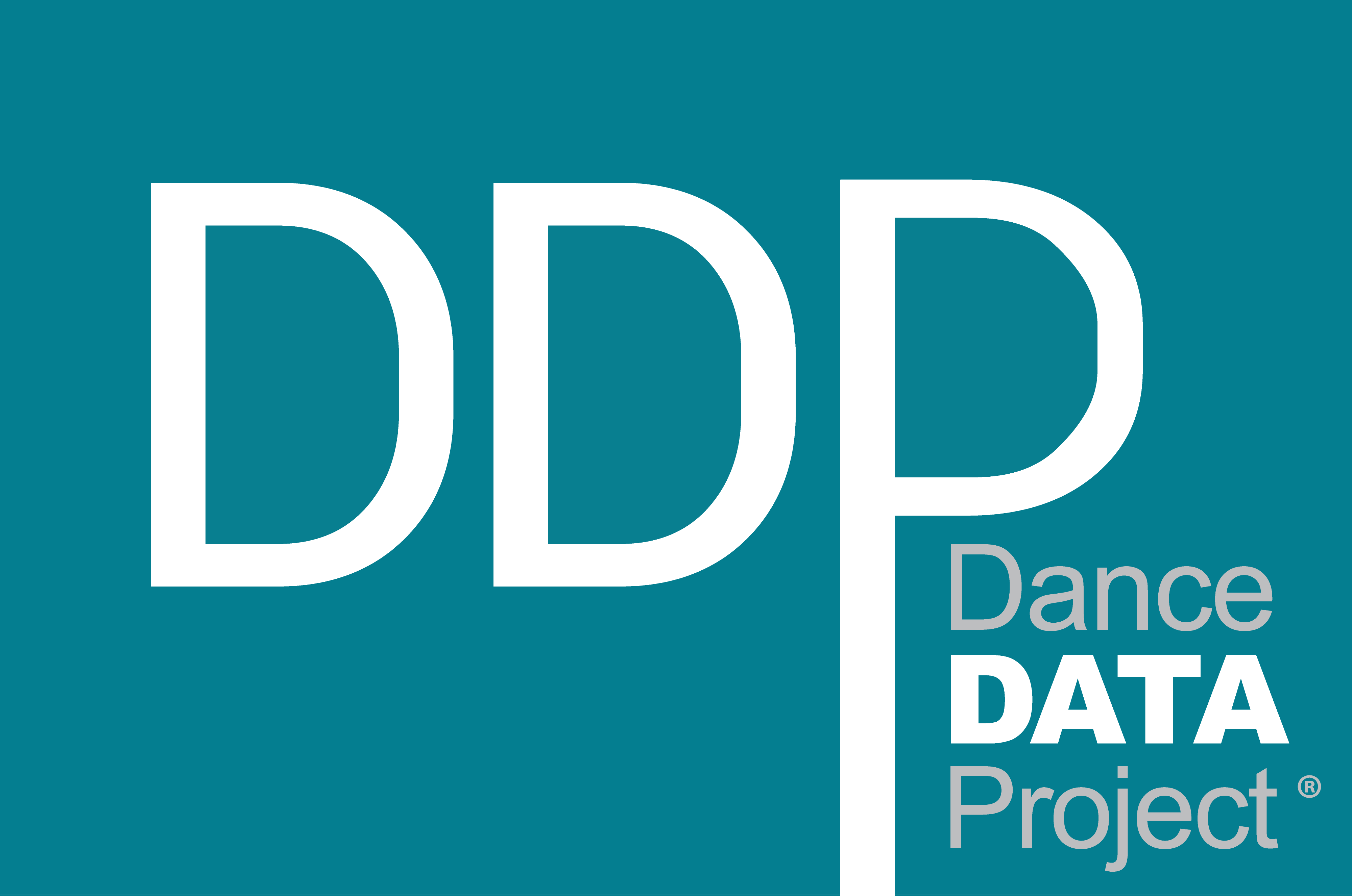New York Times: In Her Words: Ava DuVernay’s Fight for Change, Onstage and Off
"The Devil Ties My Tongue" by Amy Seiwert performed for the SKETCH Series, 2013. Photo by David DeSilva. Courtesy of Amy Seiwert's Imagery
May 6th: Doris Duke Foundation Grant, May 7th: South Arts Individual Artist Career Opportunity Grant, May 27th: Dancemakers Residency, June 1st: Miami DanceMakers
×
"The Devil Ties My Tongue" by Amy Seiwert performed for the SKETCH Series, 2013. Photo by David DeSilva. Courtesy of Amy Seiwert's Imagery
By Emma Goldberg
8 July 2020
They might depict scenes from decades past, but movie sets featured in films by the director Ava DuVernay are starting to look a lot like the United States today.
For “Selma,” her 2014 film about the 1965 marches for voting rights and the Rev. Dr. Martin Luther King Jr.’s part in them, Ms. DuVernay directed hundreds of Black and white actors in a restaging of civil rights protests. “When They See Us,” her mini-series on the wrongful conviction of teenage boys known as the Central Park Five, released last year, had her grappling with the injustices Black men experience at the hands of the police. And her Netflix documentary “13th,” from 2016, traces the legacy of American slavery to the present day criminalization of Black communities.
As hundreds of thousands across the United States march for Black Lives Matter, Ms. DuVernay’s films about Black histories and experiences have come to feel more essential than ever.
But there aren’t enough Black directors telling those stories.
For decades, few Black women have had access to the resources and platforms to make major motion pictures. In 2018, Hollywood saw a record high number of top films from Black directors — and it was only 14 percent. Only one of them was a woman, and she was Ms. DuVernay.
The calls to break up Hollywood’s entrenched disparities are building. Five years ago, the hashtag #OscarsSoWhite put a spotlight on the industry’s lack of diversity, and its following has since continued to hold Hollywood to account for its lack of representation. Two years later, the #MeToo movement erupted and dozens of women exposed the film titan Harvey Weinstein’s sexual abuses.
Today, industry leaders are listening to people of color protesting films that romanticize the slavery era. For a brief moment, “Gone With the Wind,” the highest-grossing film of all time when adjusted for inflation, was removed from HBO Max. (It was later restored with additional videos offering historical context.) Filmmakers, like Ms. DuVernay, are working to ensure the momentum does not subside.
Last month, Ms. DuVernay’s media company ARRAY introduced the Law Enforcement Accountability Project in the wake of George Floyd’s killing while in police custody in Minneapolis, with the goal of commissioning, funding and amplifying works from Black and female artists that focus on police violence. One of the goals, she said, is to consider who is writing the history of this moment.
Ms. DuVernay spoke with In Her Words about the role she sees for artists in a time of widespread unrest, and whether problematic films — like problematic statues — should be removed to make space for new voices.
Read the full article here.
Reach out to us to learn more about our mission.
"The Devil Ties My Tongue" by Amy Seiwert performed for the SKETCH Series, 2013. Photo by David DeSilva. Courtesy of Amy Seiwert's Imagery

 Broadway World: NEW YORK CITY CENTER LIVE @ HOME Announces Virtual Programming...
Broadway World: NEW YORK CITY CENTER LIVE @ HOME Announces Virtual Programming...
Leave a Reply
Want to join the discussion?Feel free to contribute!